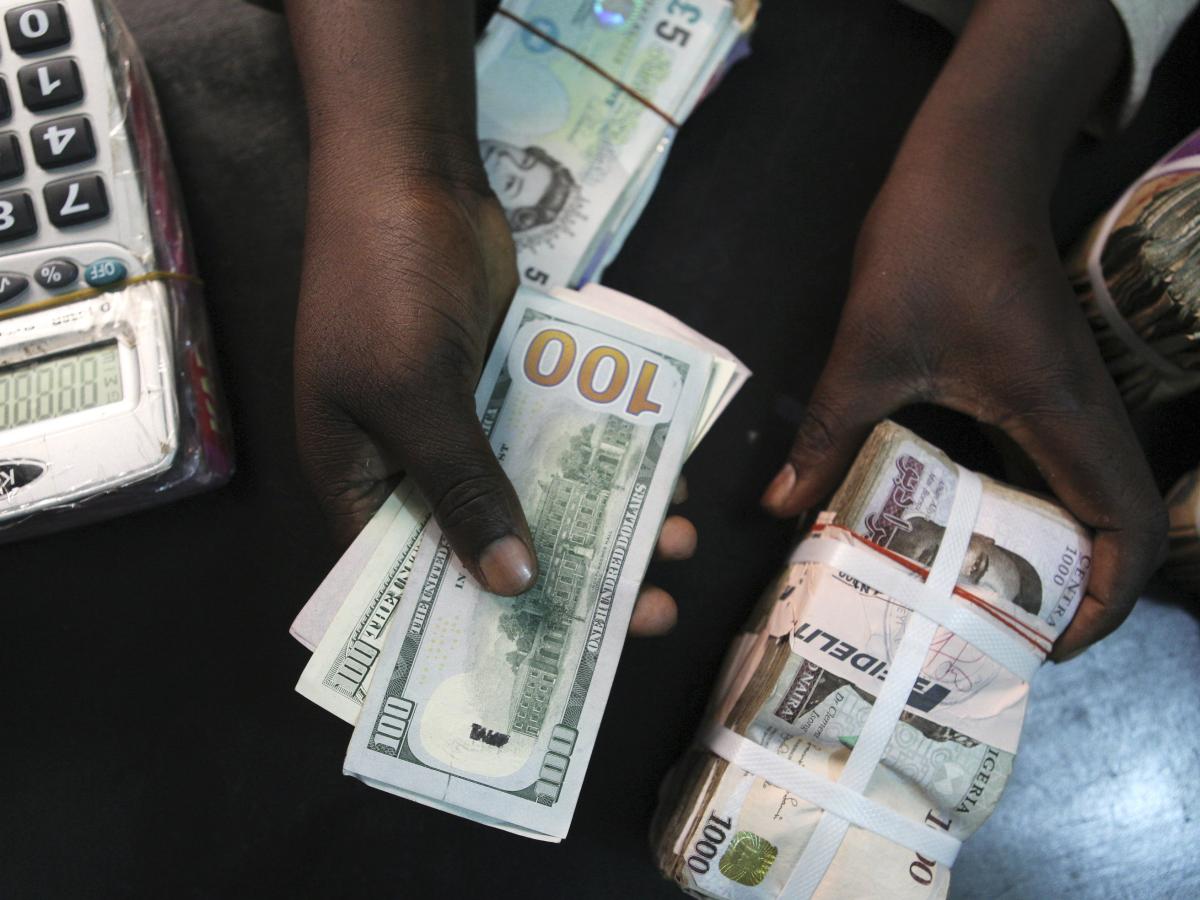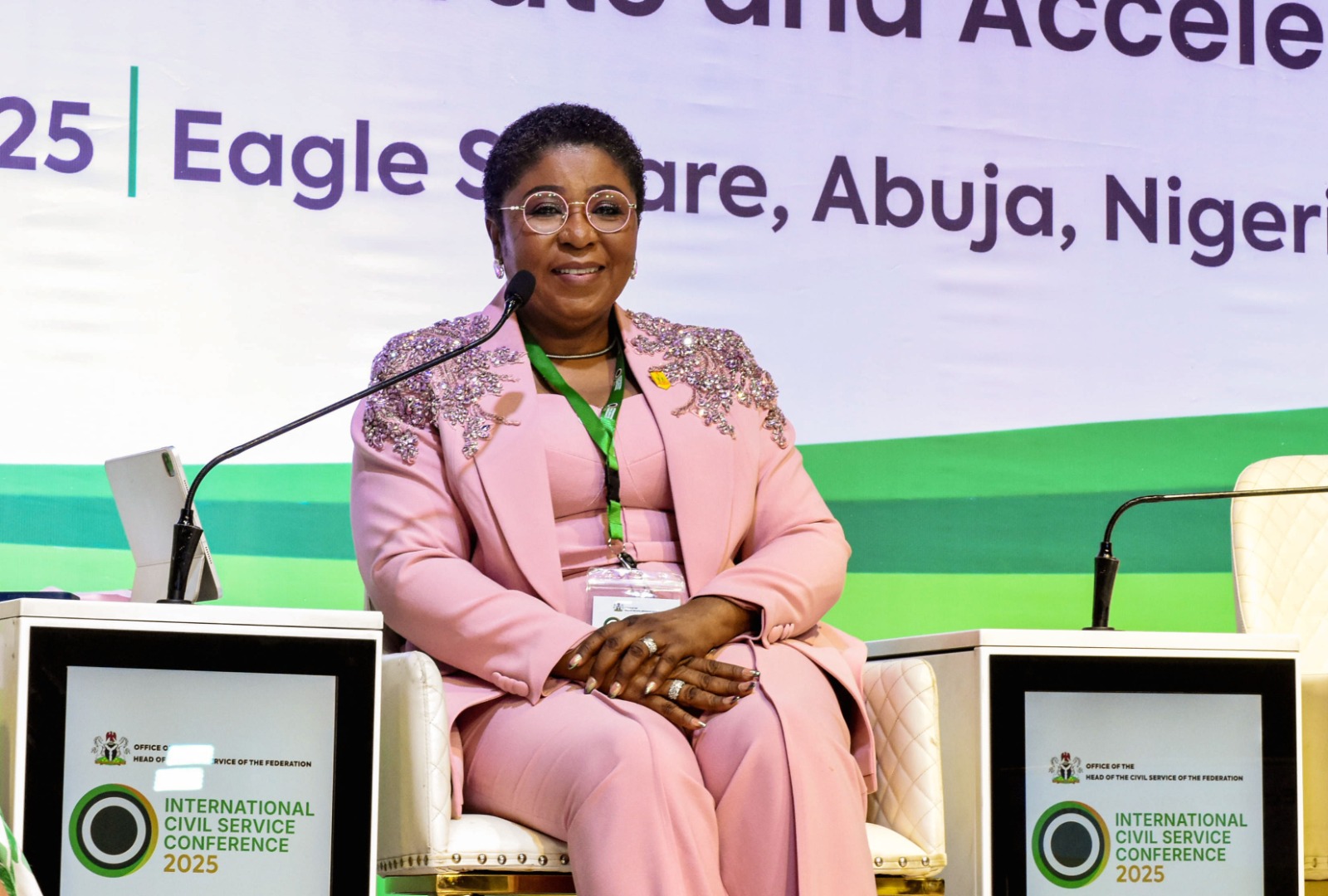Naira Depreciation: Decoding the Dollar to Naira Black Market Rate for 16th September 2025
Navigating exchange rates in Nigeria can be challenging, especially with fluctuating values between the official Central Bank of Nigeria (CBN) rate and the black market, popularly known as the Aboki FX rate. For anyone engaged in international trade, money transfer, or travel planning, understanding the current dynamics and implications of the dollar to naira exchange rate is critical. Below, we break down both black market and CBN rates for 16th September 2025, analyse the driving forces, and share what this means for everyday Nigerians and West African neighbours.
Currency Exchanges in Focus: The Current State
Dollar to Naira Black Market Rate as at 16th September 2025
According to reliable market sources and forex operators in Lagos, the parallel (black market) exchange rates on Tuesday, 16th September 2025 saw players buying US dollars at ₦1522 and selling at ₦1518 per dollar. This means that if you visit a BDC or street currency operator (commonly referred to as Aboki), these figures reflect what you would receive or pay on that particular day. Reports indicate these rates can fluctuate within hours, often reflecting immediate market demand and supply.
However, the Central Bank of Nigeria maintains its official stance: the CBN does not sanction black market transactions, urging all forex needs to be addressed directly with commercial banks and licensed financial institutions instead. Anyone considering trading on the parallel market should be aware of the associated risks and the potential for unfavourable rates compared to formal channels.
Dollar to Naira Black Market Rate Today
| Buying Rate | ₦1525 |
| Selling Rate | ₦1518 |
CBN Official Dollar to Naira Rate for 16th September 2025
| Highest Rate | ₦1490 |
| Lowest Rate | ₦1479 |
A Closer Look: Official Policy and Warnings
The CBN has consistently emphasized the importance of using regulated banks and financial institutions for all foreign exchange transactions. This policy aims to curb malpractices, maintain monetary stability, and keep transparent records. The regulator warns that trading on the black market exposes both buyers and sellers to potential legal and financial risks. Despite this, many individuals and businesses turn to the parallel market for quicker and sometimes more flexible access to dollars, particularly when official channels experience delays or restrictions.
What Drives the Dollar to Naira Black Market Rate?
The dollar to naira rate is influenced by several key factors:
- Foreign reserves and government monetary policy: The higher the reserves, the stronger the currency. CBN interventions can directly affect naira strength.
- Oil prices: As Nigeria relies heavily on oil exports, any volatility in the global oil market impacts national revenue and consequently the exchange rate.
- Demand and supply: When demand for dollars outweighs available supply in formal channels, the black market steps in, often at higher rates.
- Political stability: Concerns around elections, policy changes, and security can increase speculative demand for foreign currency.
- Inflation: High inflation erodes purchasing power and undermines confidence in the local currency, encouraging people to save in foreign denominations.
Impacts on Nigerians, Ghanaians, and the West African Economy
The differences between official and black market rates have concrete implications:
- Businesses: Importers must pay more for goods as the cost of securing dollars rises. Many pass these increased costs onto Nigerian consumers.
- Students and families: Those sending money abroad for tuition or remittances may face higher charges or reduced value for their efforts.
- Travelers: Securing dollars or other foreign currencies for travel can be more expensive on the black market, impacting affordability and planning.
- West African Region: Changes in Nigeria’s forex market spill over to neighbouring economies (such as Ghana), influencing regional trade and inflation.
Experts like Dr. Kemi Idowu, a Lagos-based financial analyst, observe, “The persistent gap between the official and parallel market rates signals underlying liquidity and confidence challenges within the Nigerian economy. Until broader reforms ensure stable supply and effective policy enforcement, volatility will continue.”
Community Perspectives: What Everyday People Say
Nigerians have long learned to adapt to shifting exchange rates. Traders in popular markets like Balogun and Onitsha often factor these rates into daily price calculations for goods. “Every week, we look at the dollar rate before deciding how to price imported wares. Customers feel it, even if they don’t understand the full story,” explained Chukwuemeka, a textile dealer in Lagos.
Meanwhile, students studying abroad or families sending remittances home watch these rates closely, adjusting their transfer amounts or timing depending on market swings. Many conclude, “When the naira falls, everyone feels it—from the big business owner to the average parent.”
On social platforms, West Africans frequently compare local currency performance. “We may laugh about it online, but currency strength affects everything—from the cost of jollof rice to the latest iPhone,” tweeted @AmaGhana in Accra.
What’s Next for the Naira?
The future of the naira remains a hot topic for debate. With the CBN increasing transparency measures and promising improved access to foreign currency via banks, some stakeholders hope the gap between official and black market rates will narrow. Economists urge a combination of stronger policies, increased local production, and regional cooperation as key steps toward lasting stability.
In the meantime, citizens and business owners are advised to monitor both rates and explore regulated channels where possible. As with any financially significant decision, comparing both official and parallel markets—with an eye on ongoing news from the Central Bank—remains wise.
For up-to-date exchange rates, always consult credible sources. You can learn more on the Central Bank of Nigeria website and trusted financial platforms.
What’s your experience with the changing exchange rates?
Have you felt the effects of naira’s swings in your daily life or business? How do you plan for these changes? Drop a comment below and join the conversation.
Got a story about how dollar to naira rates are affecting your business, your travels, or your studies? We want to hear your voice! Share your personal tales, suggest tips, or send us the latest on forex changes and money matters. Email us at story@nowahalazone.com to get featured or discuss story sales.
For any questions, reach our friendly support team at support@nowahalazone.com.
Want more news and real talk? Join our community on Facebook, X (Twitter), and Instagram.
Your voice, your experience—let’s talk money, life, and everything in between!










